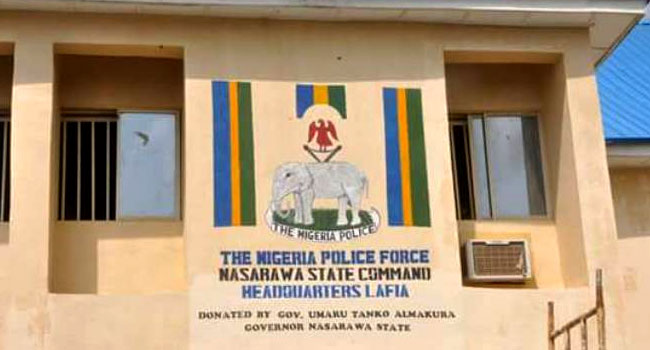Thirteen male inmates who had been unlawfully detained for periods ranging from one to six years without trial have regained their freedom, following a landmark judgment by the Federal High Court in Jalingo.
The court, presided over by Justice Maskur Maskur Salisu, ordered their immediate release and awarded a total of N48 million in damages against the Nigeria Police Force (NPF) and the Department of State Services (DSS) for violating the detainees’ fundamental human rights.
The inmates were freed through the intervention of human rights lawyer, John Nkemnagum Okezie, who acted pro bono by filing separate fundamental rights enforcement suits on their behalf.
In his ruling, Justice Salisu described the prolonged detention of the men without trial as “a gross violation of their constitutional rights and an affront to human dignity.”
“The prolonged detention of citizens without trial is not only unconstitutional but a direct assault on human dignity,” he declared.
He further emphasized that law enforcement agencies must operate within the bounds of the law and respect the fundamental rights guaranteed under the Nigerian Constitution.
The court found that the detainees had been held in various detention facilities for years without being charged to court. Justice Salisu ruled that their rights to liberty and fair hearing had been “reprehensibly and unlawfully violated.” The court’s orders were officially enforced on November 3, 2025.
Human rights advocates hailed the verdict as a significant victory for civil liberties and a reaffirmation of the judiciary’s role as the last hope for the oppressed.
They also commended Okezie for his selfless effort in securing justice for the detainees, noting that the men might have continued to languish in custody without his intervention.
Speaking with journalists after the judgment, Okezie said his motivation was to help decongest overcrowded prisons across the state.
“This was a pro bono effort aimed at ensuring that justice is not reserved for only those who can afford it,” he stated.
He advised the released inmates to make the most of their second chance and steer clear of activities that could lead them back to prison.
Some of the freed men, visibly emotional, expressed deep gratitude to the lawyer for his intervention.
“We would still be rotting in jail if not for his help,” one of them said. “We’ve learned our lessons and will strive to live better lives.”
At the time of filing this report, the judgment was being widely celebrated as a powerful reminder of the judiciary’s duty to uphold human rights and check the excesses of law enforcement agencies in Nigeria.






